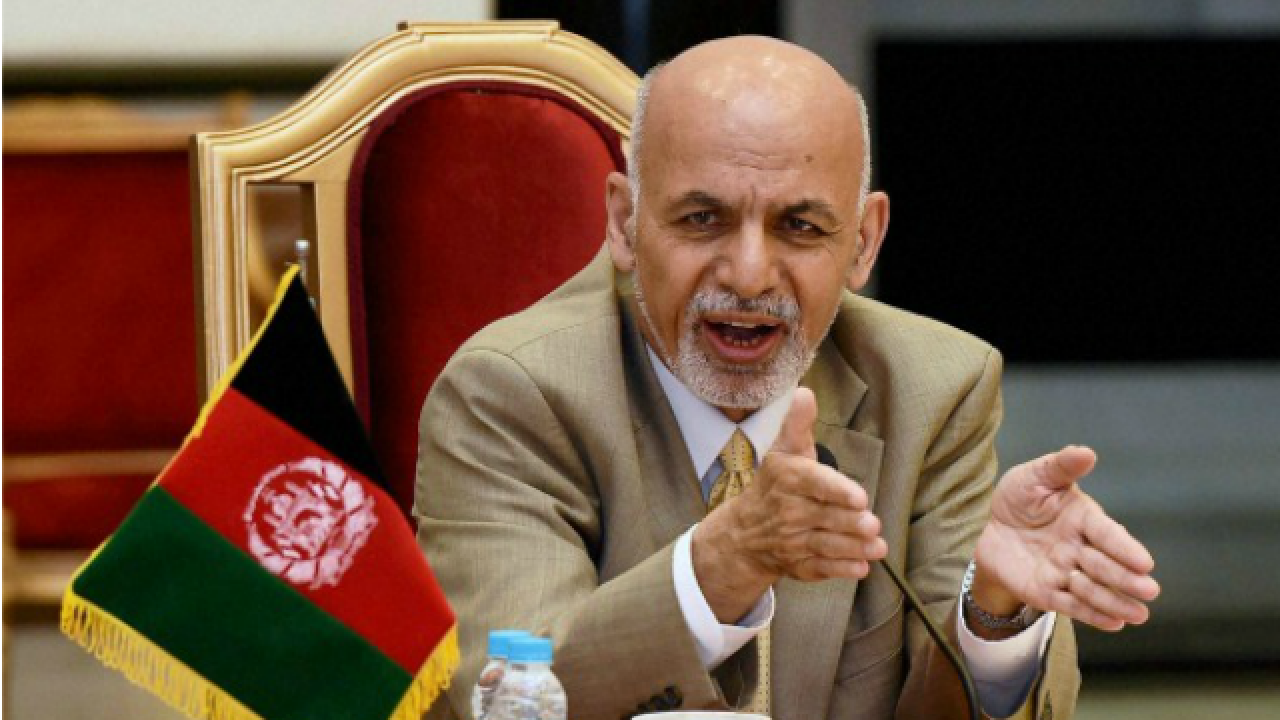
Afghan President Ashraf Ghani’s public snubbing of Islamabad’s investment offer of $500 million in his war-torn country at the Heart of Asia (HoA) Conference is so far the most damning indictment of Pakistan there has been. Even though future analysts may blame him for not engaging in diplomatic niceties, his speech reflects the extent of his frustration towards Pakistan for putting spokes in the fight against terrorism and blocking connectivity to the region.
Home to 1.67 billion people, and having economic growth of 7.1 per cent over the last decade, South Asia is not economically integrated. This reflects historical and political tensions, mistrust, with cross-border conflicts and security concerns. Ghani spoke about how connectivity brought the first global surge in investment in transportation in North America in the 19th century. This was key in weaving a landmass into an integrated economic system.
At present, energy sharing within the region is limited, despite significant potential and unmet demand. Intra-regional trade accounts for only 5 per cent of South Asia’s total trade, compared to 25 per cent in ASEAN. Intra-regional investment is smaller than 1 per cent of the overall investment. He said that as per his initial assessment, up to 15,000 megawatts of power can be transferred from Central Asia to South Asia within five years.
He even questioned the sincerity of Operation Zarb-e-Azb, launched by Pakistan in North Waziristan along the Afghan border against militancy. As Pakistan annouced the loss of 490 soldiers and the killing of 3,500 militants since the operation launch in June 2014, Ghani said that they brought a major but selective displacement of extremist networks and allies on to Afghanistan. Since 2001, operations launched by the NATO within Afghanistan or by Pakistan lack an elementary “hammer-and-anvil” strategy.
A faulty US strategy in Afghanistan previously used hammer and pushed militants to take over Pakistan’s tribal regions but ignored the anvil that would have prevented their regrouping.
A similar approach seems to be working in Pakistan as well When the Pakistani military rid Bajur of militants, they crossed over to the Kunar province in Afghanistan — making it a stronghold of the Taliban. Ghani’s scathing criticism may be music to some ears. However, his call for an Asian and international regime to verify cross-frontier activities is fraught with serious long-term consequences.
If implemented, Pakistan may demand a similar mechanism to verify cross-border activities along the LoC, as well to achieve its long-term goal of internationalising the conflict of Jammu and Kashmir.
Afghanistan deserves to be a Geography of Peace, but not without making its neighbours realise the benefits of progress, prosperity, democracy and plurality.